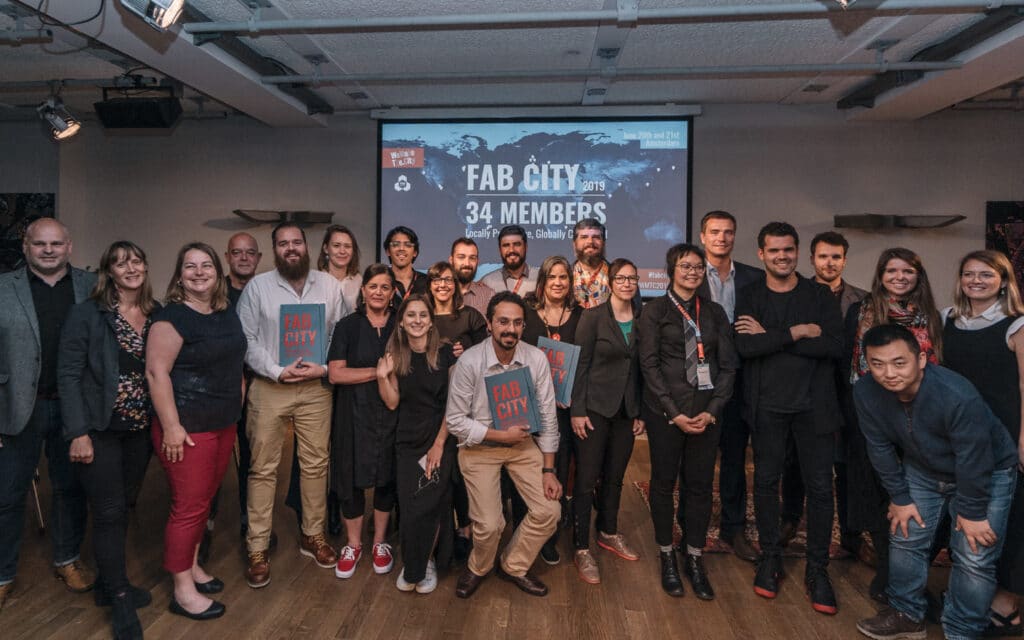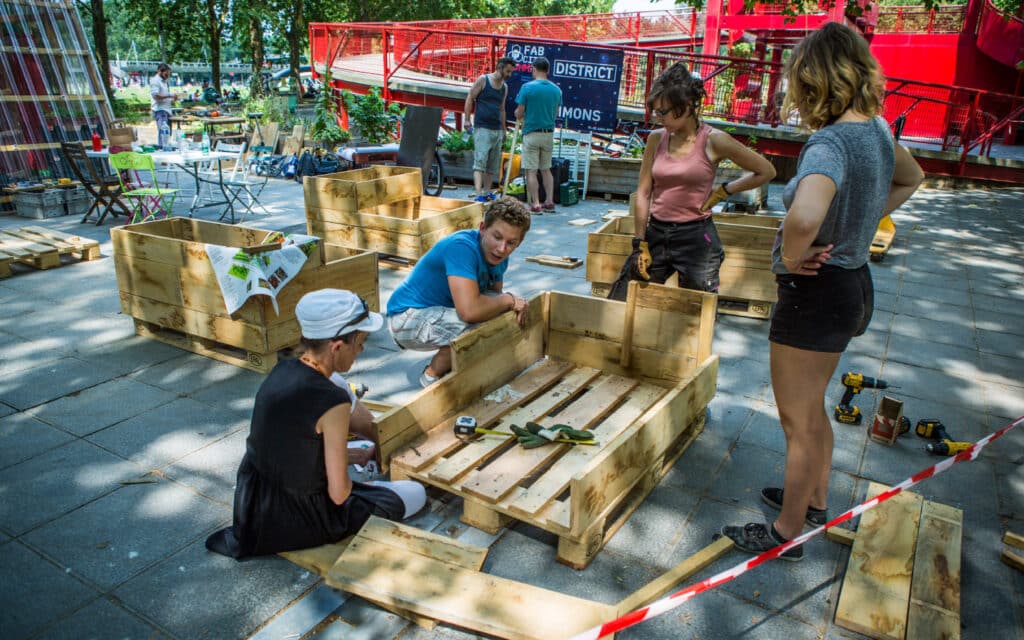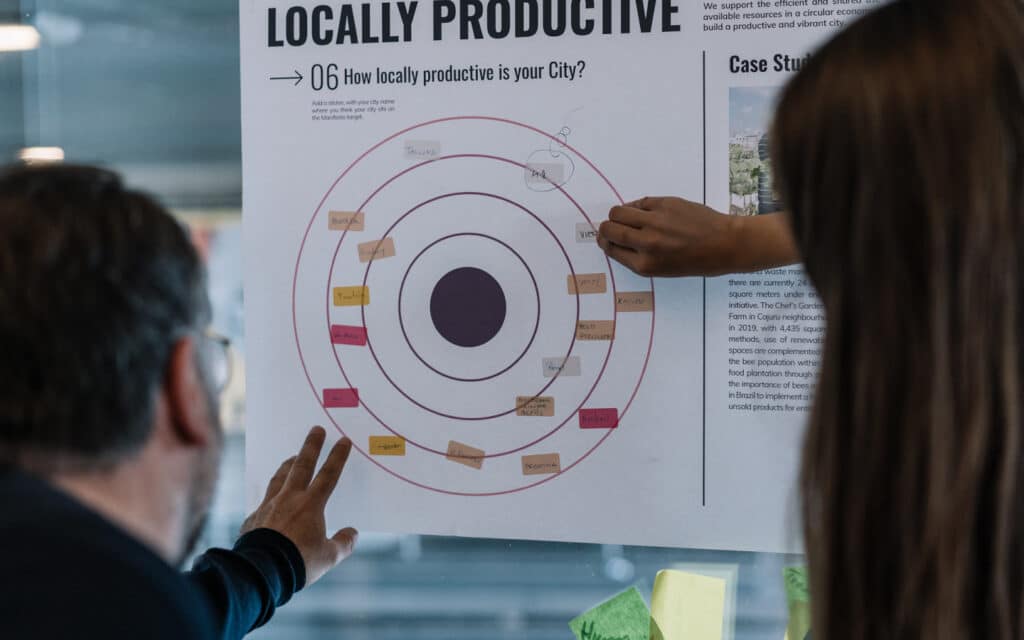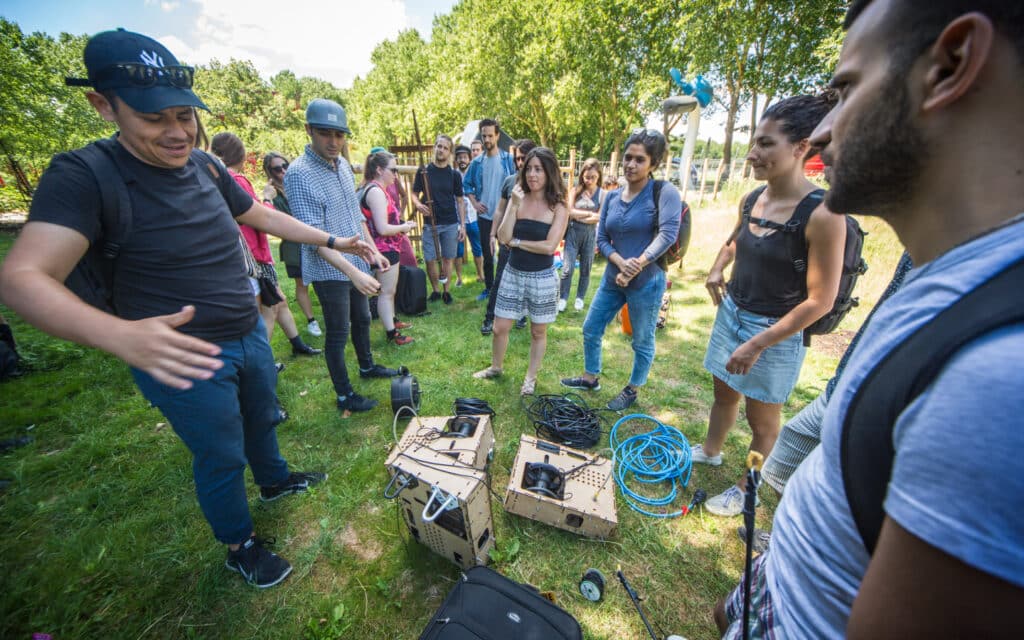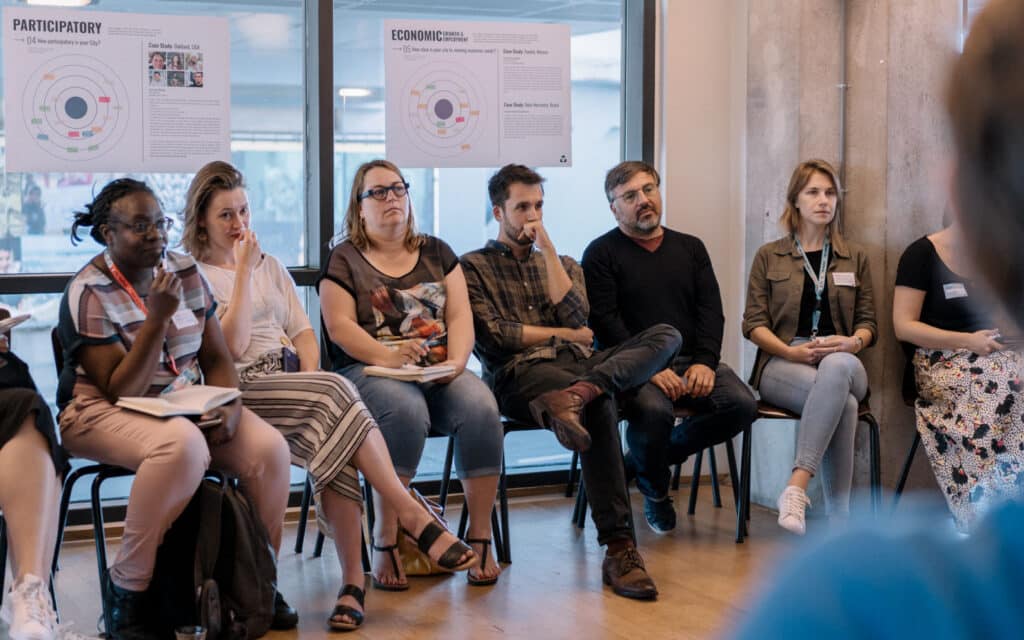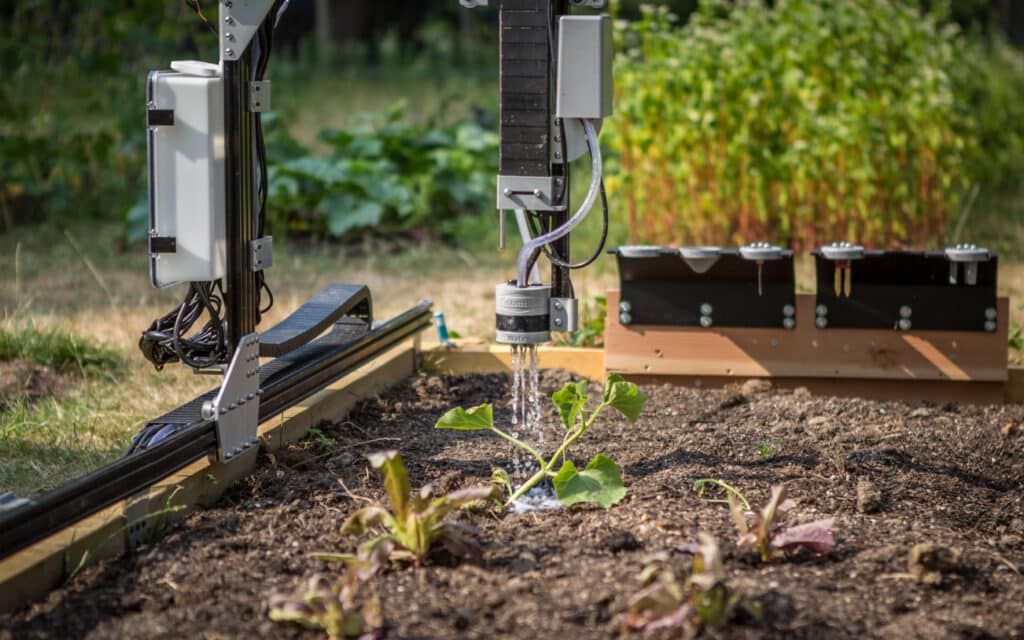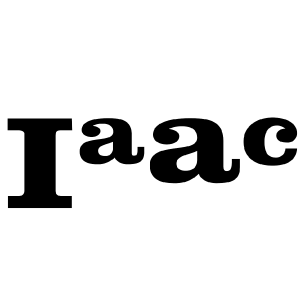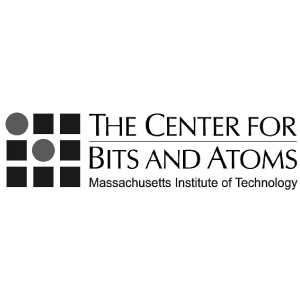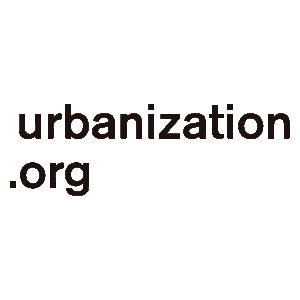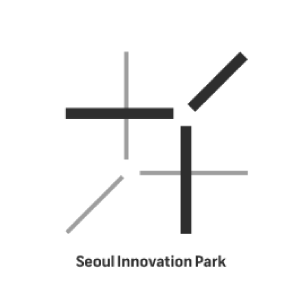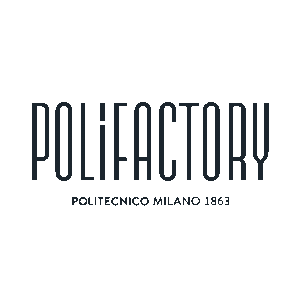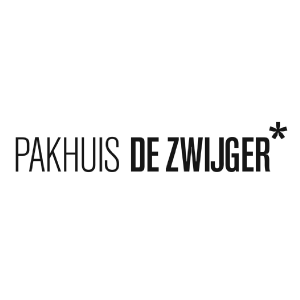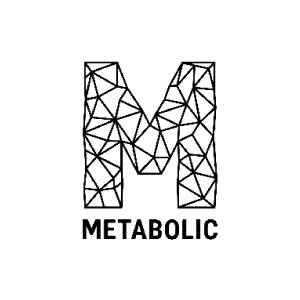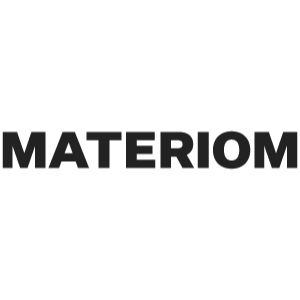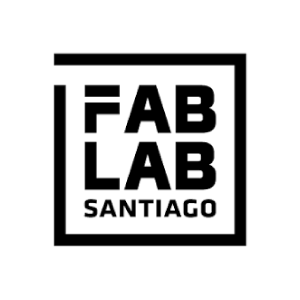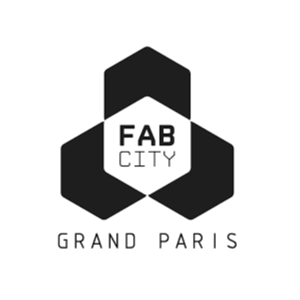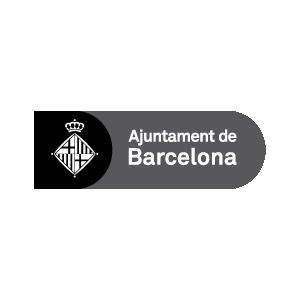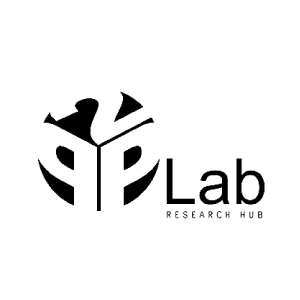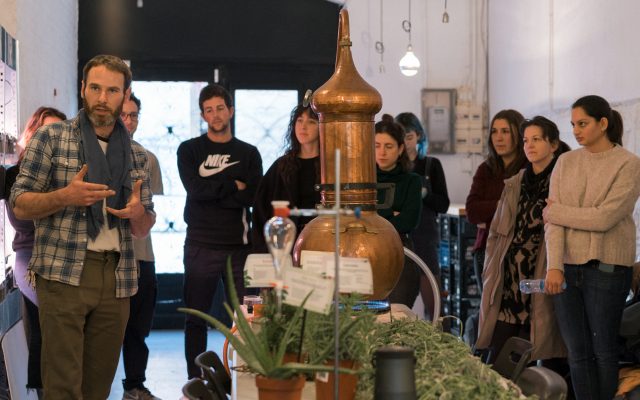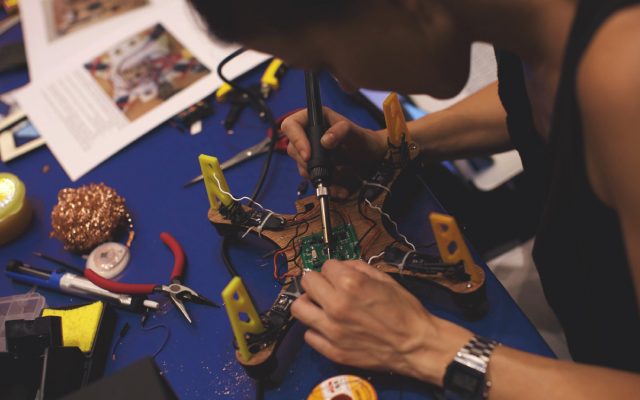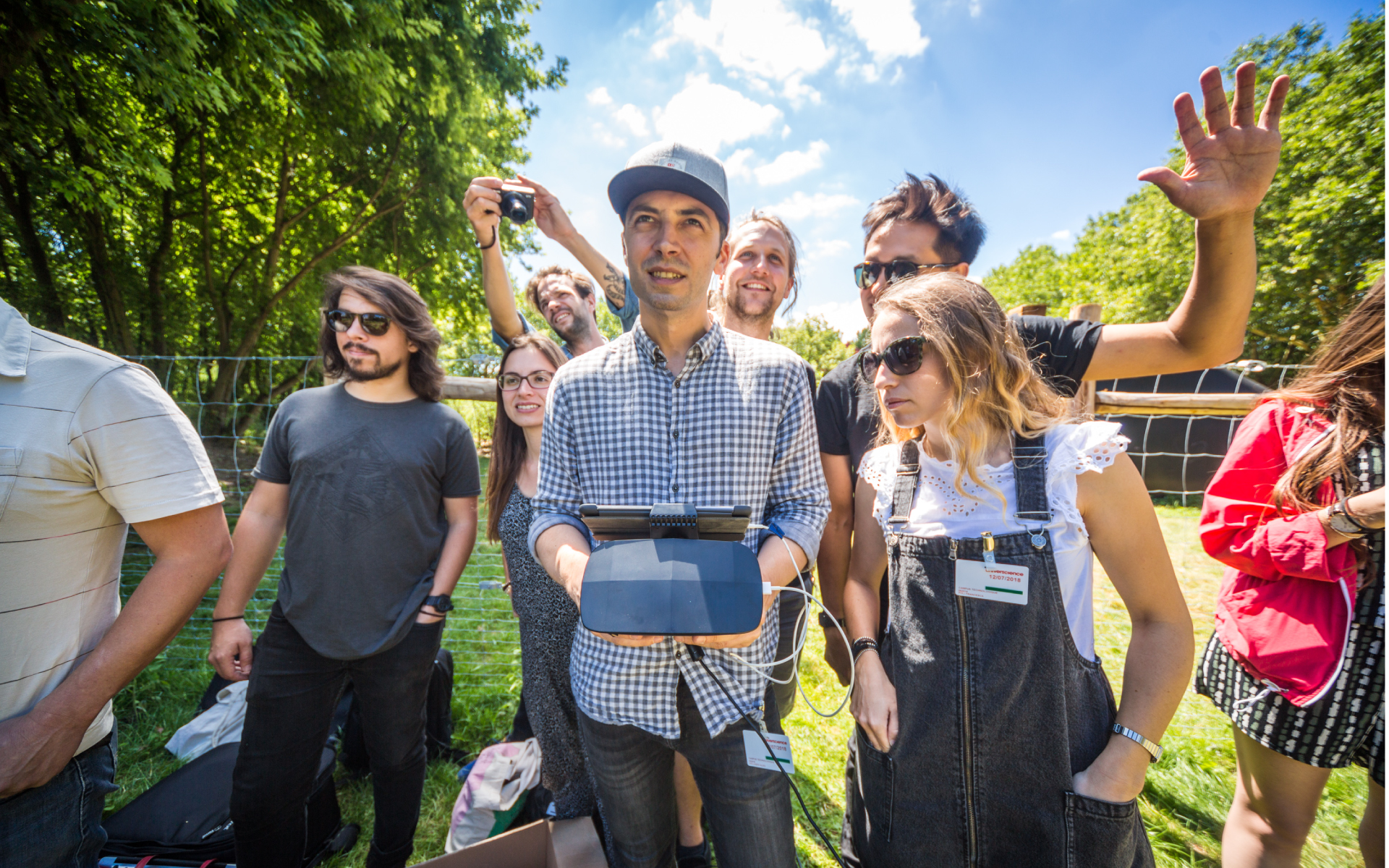
Fab City
Locally productive, globally connected cities.
The Challenge
Can we apply the logics of digital fabrication to the city scale, to rethink the global production paradigm for more liveable, connected futures?
Our Solution
A global initiative working to shift the industrial linear paradigm of product-in, trash-out to a circular economy with data-in and data-out.
Organisation
The Fab City initiative is governed by the Fab City Foundation, established in 2019 and comprises a network of 34 cities and a core collective of experts.
Key Activities
Organisation of the yearly Fab City Summit, urban tools and workshops for implementation, consultancy and advisory services, publications and reports.
The UN has predicted that 75% of the population will live in urban areas by 2050. Our current economies rely on a consumerist product-in, trash-out lifestyle (PITO), whereas there is the potential to make our economies data-in, data-out (DIDO).
Fab City
Fab City takes the ideals of the Fab Lab – connectivity, culture, and creativity – to a city-scale. The model of shifting materials from ‘Products In Trash Out’ (PITO) to ‘Data In Data Out’ (DIDO) means that more production occurs inside the city, along with recycling materials and meeting local needs through local inventiveness. A city’s imports and exports would mostly be found in the form of data (information, knowledge, design, code).
Fab City Barcelona
In 2014, the then mayor of Barcelona challenged cities to produce everything they consume by 2054, establishing Barcelona as the founding city of the now 34-strong Fab City network. The international initiative was started by IAAC, MIT’s Centre for Bits and Atoms (CBA), the Barcelona City Council and the Fab Foundation to support all cities to pledge to the network and become locally productive and globally connected.
Fab City looks at creating regenerative, circular city systems and economies through re-localizing economies and manufacturing. Every project undertaken at Fab Lab Barcelona puts the Fab City vision into practice, in particular those under the Productive Cities research area. The district in which Fab Lab Barcelona is situated acts as a Fab City territorial prototype. The ex-industrial neighbourhood of Poblenou houses many small to medium workshops and manufacturing facilities and through initiatives such as Make Works, Remix el Barrio (SISCODE Project Prototype) and Food Tech 3.0 Lab, Fab Lab Barcelona is exploring how a Fab City principals can be implemented in such a local context.
Who is it for?
Fab City is for cities, regions and countries that want to pledge towards producing everything they consume by 2054.
Policymakers and city councils
Policymakers wishing to initiate the transition from industrial systems to regenerative systems.
Fab Labs and maker spaces
Fab Labs and maker spaces wishing to use the Fab City model to support practices and ideologies.
